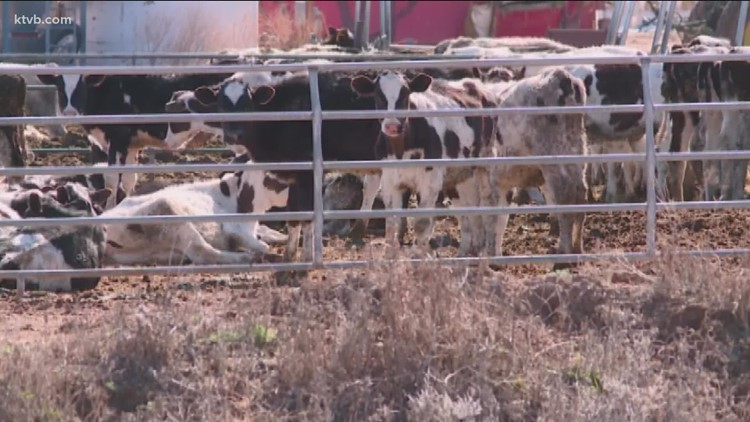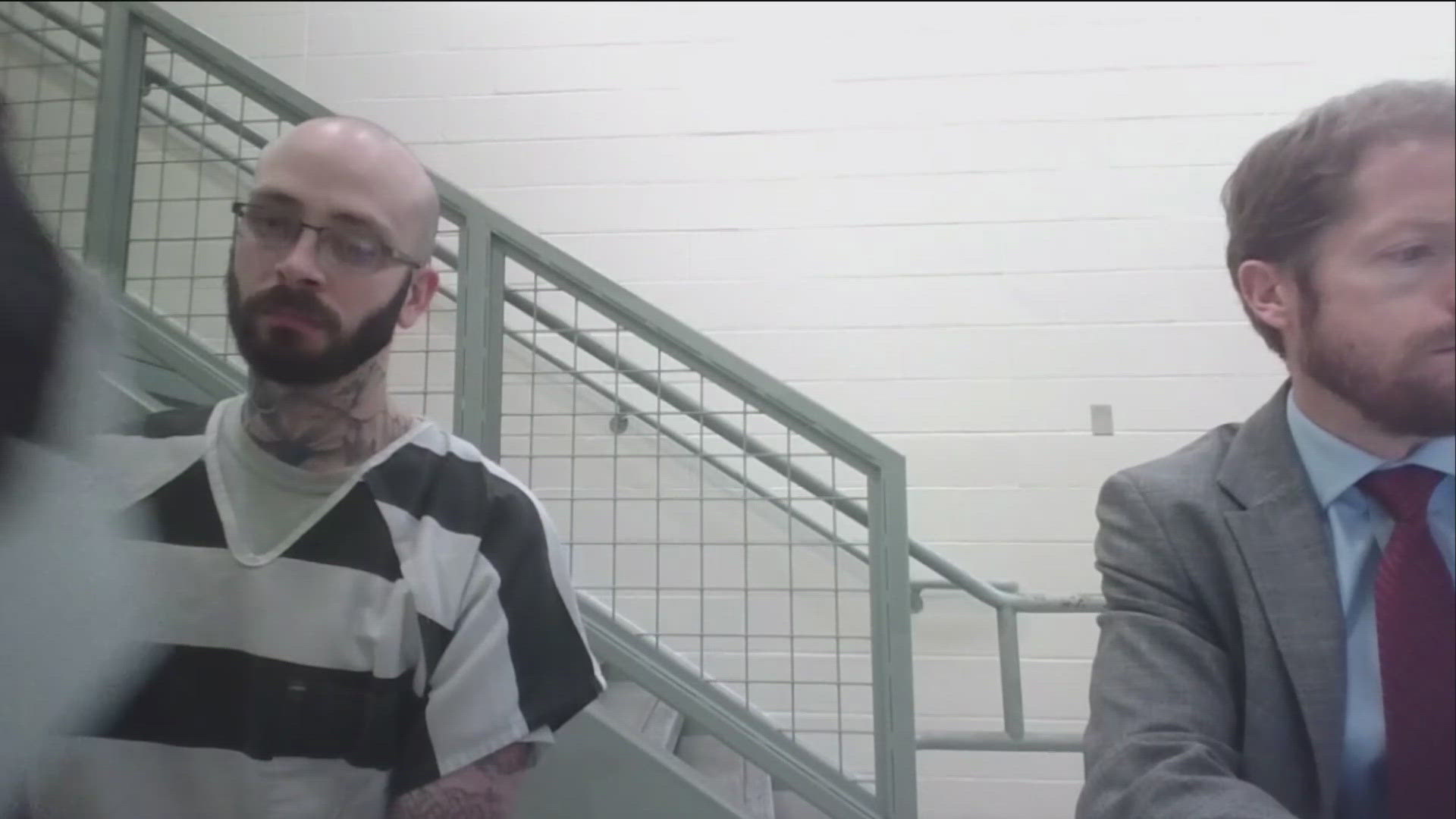BOISE, Idaho — (AP) — A federal circuit court has rejected a U.S. Environmental Protection Agency statewide Idaho permit involving pollution into waterways from large dairy farms.
But the ruling appears to have limited immediate ramifications for the state’s $3 billion dairy industry because no Idaho dairies are required to get such a permit.
The U.S. 9th Circuit Court of Appeals on Thursday said the permit issued in May 2020 by the U.S. Environmental Protection Agency lacked sufficient monitoring provisions for underground discharges that can reach waterways.
The three-judge panel also said the permit has no requirement to monitor runoff from irrigated fields during dry weather to make sure allowed discharges aren’t exceeded.
“The Idaho Permit forbids underground discharges from production areas and dry weather discharges from land application areas,” the court wrote. “However, the Permit contains no monitoring requirements for either kind of discharge.”
Snake River Waterkeeper and Food & Water Watch challenged the Idaho permit under the Clean Water Act.
They said the ruling could have future implications for regulating industries that concentrate farm animals in small areas. Such operations are called Concentrated Animal Feeding Operations, or CAFOs. Nationwide, CAFOs generate about 500 million tons of animal manure annually, federal authorities say.
The court's “decision strikes a major blow against EPA’s practice of granting illegal exceptions and special treatment to the factory farm industry,” said Tarah Heinzen, legal director at Food & Water Watch. “We are confident that this is the first domino to fall on the path to comprehensive pollution monitoring and accountability of America’s corporate factory farm industry.”
Suzanne Skadowski, a spokeswoman for the EPA, didn’t immediately respond to a request for comment from The Associated Press.
Heinzen said the ruling affirms key provisions of the Clean Water Act that could be used in individual cases involving CAFOs.
She also said her group has petitioned the EPA to require CAFOs to get permits. In Idaho, she said, most dairies aren't required to get permits as they say they are not discharging waste.
“That flies in the face of reason and just simply doesn't add up from a numbers perspective,” said Buck Ryan of Snake River Waterkeeper, noting his group takes water samples and finds pollution most evident near CAFOs. “I hope this is the first in a series of steps in getting accountability over the factory farm industry in the Snake River Basin.”
Idaho ranks third in the nation in dairy production, behind only California and Wisconsin. In 2020, according to the U.S. Department of Agriculture, Idaho produced more than 16 billion pounds of milk with a value of just under $3 billion, making it the state's top agricultural product. As of Jan. 1, the agency said, Idaho had about 650,000 milking cows.
Chanel Tewalt, spokeswoman for the Idaho State Department of Agriculture, in a text message said the agency is reviewing the court's decision and had no comment.
A large number of dairies are in the Snake River watershed, along with cattle feedlots, the court noted.
Specifically, the court's decision involves a National Pollutant Discharge Elimination System Permit the EPA issued. The permit came out just before Idaho officials were about to take over the program, putting the transition on hold.
Jess Byrne, director of the Idaho Department of Environmental Quality, said his agency will now work with federal officials to complete the transition.
“We will be working with the EPA to determine the next steps from here and the future of what permitting for CAFOs in Idaho looks like,” he said.
Watch more Idaho politics:
See all of our latest political coverage in our YouTube playlist:



